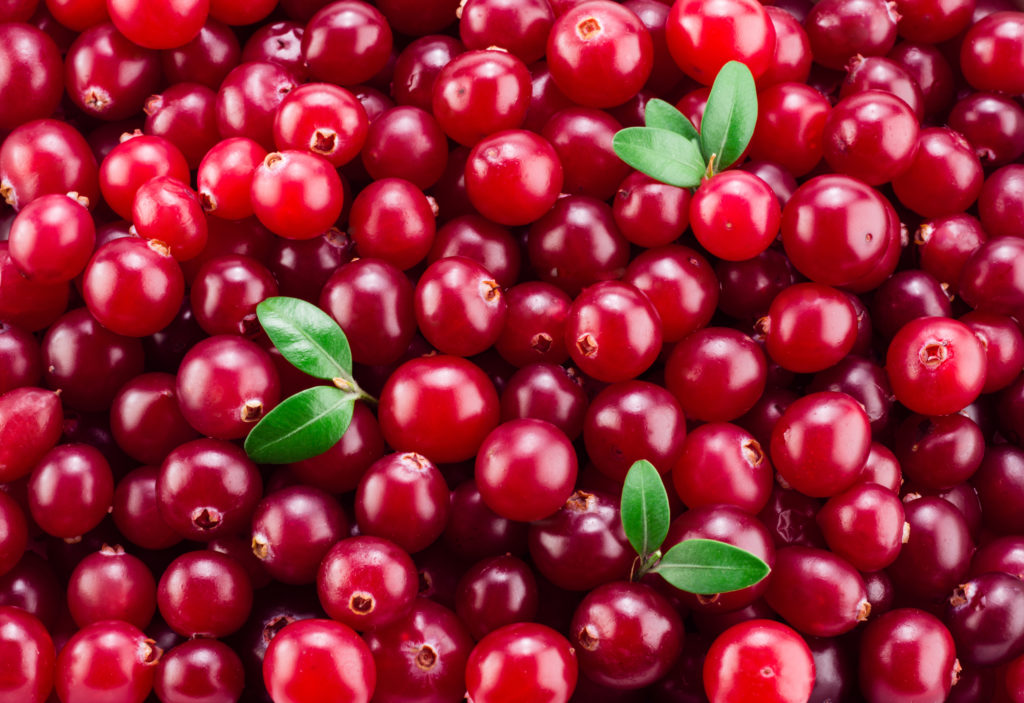Our new trial will investigate the effectiveness of a high strength cranberry supplement in treating recurrent urinary tract infections (UTI) among women.

Our new trial will investigate the effectiveness of a high strength cranberry supplement in treating recurrent urinary tract infections (UTI) among women.
Worth an estimated $4.6 billion in 2016, the Australian complementary medicine industry has grown to the point where the consumption of various pills has become a normal part of life for many Australians.
But do they work?
In 2012 the Australian Medical Association said: ”There is a substantial gap between the use of complementary medicine and the evidence to support that use.” It went on to say ”Evidence-based scientific research in the form of randomised trials is required to validate complementary medicines…”
Five years on from that statement there is still a significant gap between the number of people using complementary medicines and the evidence to support their effectiveness. There is a clear need for impartial, rigorous scientific method to validate the effectiveness of complementary medicines- so who better to do this than Australia’s national science agency?
Today we’re starting a trial to determine the effectiveness of cranberry supplements in treating recurrent urinary tract infections (UTI) among women.
A troublesome problem faced by many women in various stages of life, recurrent UTI often involves repeated doses of antibiotics, which can sometimes come with untoward effects. A lot of people that have previously contracted a UTI have sworn that cranberry works for them, and it’s true that cranberries contain a number of bio-active components that are suggested to contribute to good urinary tract health.
However, there is conflicting scientific evidence to support this. A literature review published in 2012 concluded that “…cranberry juice cannot currently be recommended for the prevention of UTIs”. However, as well as citing low compliance and a high dropout rate with the studies, the reviewers suggested that the products “may not have had enough potency to be effective” due to a lack of the “active ingredient”.
It was like comparing apples with pears.
Our trial, which will investigate the effectiveness of high strength cranberry supplement, will run for two years and include 300 participants recruited in sites across Australia and China.
It is the start of a three-year program that is financially supported by Swisse Wellness, during which we will investigate the efficacy of a number of products across the spectrum of vitamins, herbals, minerals and supplements.
When the initial announcement was made that we had signed an agreement to work with Swisse Wellness, the largest provider of complementary medicines in Australia, it raised a few eyebrows.
Why are we, Australia’s eminent scientific organisation, working with the complementary medicine industry?
Every piece of research we undertake needs to pass the test of whether it is delivering national benefit. With millions of Australians using complementary medicines every day, the need to find out whether complementary medicines work or not passes that test – it’s a no brainer.
As well as answering important questions for the community, conducting more research in this area will grow Australia’s capability in conducting clinical trials. Although the clinical trials industry currently adds $1 billion to our economy every year, a recent report we released highlights the huge opportunity for Australia to establish itself as an international hub for clinical trials and drug development.
Doing so will grow commercial opportunities, foreign investment and improve local access to cutting edge medicines. It would also provide jobs for Australia’s next generation of STEM professionals, negating the need to move elsewhere.
People have a right to ask questions and to expect that the science is rigorous, undertaken without fear or favour. All results from the cranberry trial, good or bad, will be published in a peer-reviewed journal and made available to the public.
Swisse will be paying for the research, but not the results.


26th May 2017 at 4:21 pm
Fantastic CSIRO! About time. I have been using Complementary Medicine for years with great success and am tired of hearing doctors pan alternatives to drugs without any evidence for or against. It will be good to have some evidence-based results – whatever the outcomes.
26th May 2017 at 4:16 pm
I have suffered for many years with U T I and recentlystarted eating dried cranberries in my cereal an advice by my G P would you believe bit early to say if conditions will improve but am sick of taking antibiotics
26th May 2017 at 11:11 am
Good idea all round, better testing of complementary medicines can only improve our knowledge
25th May 2017 at 9:13 pm
Thank you. Why such a small sample size? Given the justified suspicions regarding the effectiveness of supplements, and the financial backing of Swisse, why aren’t you conducting research with a substantial and credible sample size?
27th May 2017 at 6:08 pm
Ok. So you have already made up your mind!
29th May 2017 at 8:43 am
Hi Rachel,
A sample size of 300 has been calculated to provide sufficient statistical power to detect a meaningful clinical difference between treatment groups if such a difference exist.
Larger sample sizes are not necessarily better. Very large sample sizes may detect smaller differences that may not necessarily be of clinical importance.
Kind regards,
Ellen
CSIRO Social Media
25th May 2017 at 1:27 pm
Great to see this. In my nursing practise I would offer extra fluids in the form of cranberry juice for UTI symptoms , but am sure he efficacy would rely somewhat on the type of microorganism responsible for the problem. Anaerobic bacteria are difficult to catch/ monitor and responsible for some recuuring UTI’s , so would be interesting to see sensitivities of micro organisms to the cranberry similar to antibiotic sensitivities also..